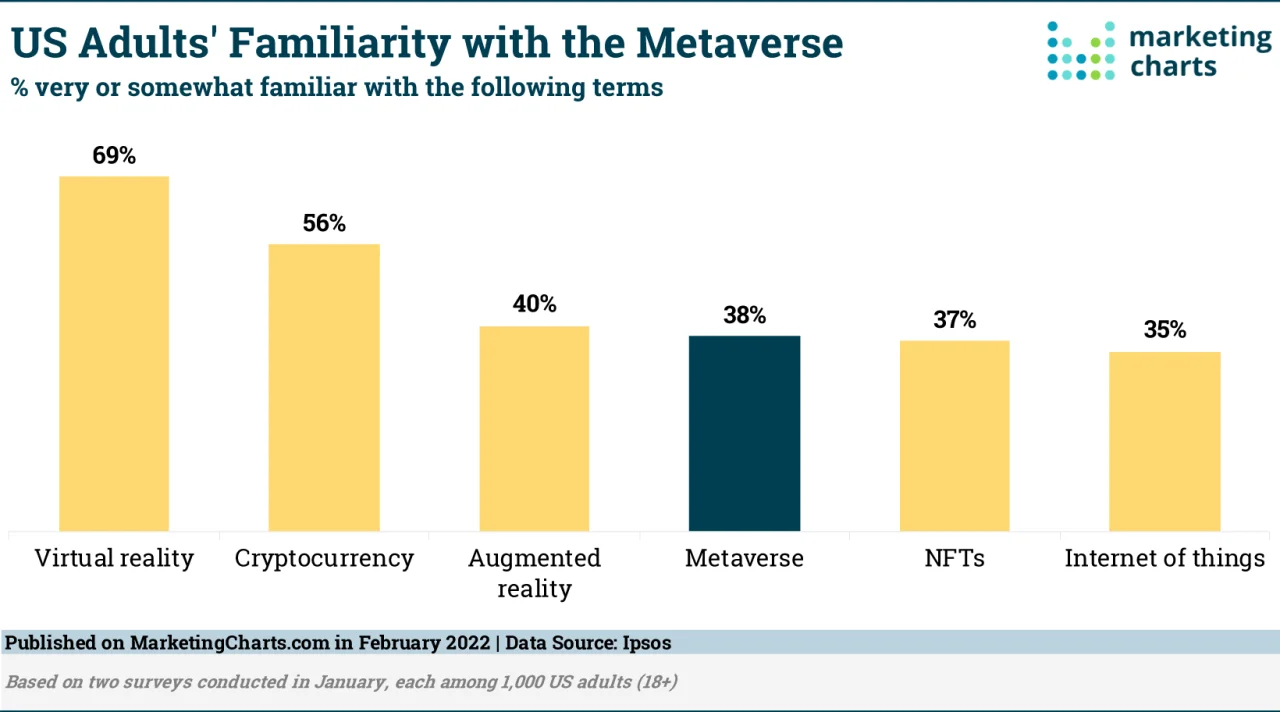The Metaverse trope continues to keep online media conventions busy with mapping uncharted territories that lay mysteriously hidden beyond cryptic layers of clouds – mostly tag clouds, actually. The Digital Entertainment Week in Los Angeles assumed the next bold rush in the realms of Southern Californian preestablished media structures. The Northern Californian GamesBeat Summit: Into the Metaverse expected the next moves of interactive entertainment on the shoulders of Silicon Valley’s prior internet advancements. Both events took place on rather well-known grounds. The mapping activity itself became the main feature, while the territories turned out to be well-tended turfs.


In terms of decrypting the layers, DEW 2022 practiced rack focussing along consecutively themed media tracks. The near focal plane of the Metaverse pointed to additional marketing and licensing opportunities for already established film and television brands. It is merely a digitally refined reselling strategy for actual subscription services and fan exploitation.
Pulling the focus to the middle ground, interactive entertainment structures come into closer view. The recent success of gaming and online activities calls for deeper monetization strategies. But in the end, these turn out to become another reselling variant for (maybe) subscription services and fan exploitation.


Pulling the focus to Far, Far Away, the lack of actual reselling opportunities in pandemic restricted event and music industries motivates them to consider digital platform replacements for (potential) subscription services and fan exploitation. The most interesting discussion on the far focus plane consisted in a criticism of poorly convincing property management on all digital levels. Introducing economically viable scarcity into digital endlessness not only limits the visionary appeal of a Metaverse perspective. It also backfires and renders the current efforts on the near and middle planes sharply obsolete as unfocussed double-talk.
GamesBeat Summit started with opening sessions on games marketing powered by Facebook Gaming‘s sponsorship. They mostly centered around their recent market study promoting more diversity (the mild part) and deeper data analytics (the wild part) for user acquisition, specifically in the predominant market segment of mobile games.

The following Metaverse discussions confirmed once more the actual uplifting of games and online services in becoming the central pillars of a prospective digital ecosystem. With the focus of prosperity shifting to interactive entertainment industries, the interoperability of their diverse operating systems, walled gardens and insular open world curations becomes a major concern for synergetic reselling aspirations. Compared to the vastly promoted size of overarching future returns, the currently operable platform economics look diminishing slim, struggle with inconsistent server synchronization and build on pre-millennium foundations that proved their narrowness already more than once.

For immersive media, these Metaverse discussions manage to broaden the spectrum of stakeholders at the cost of dilution of significance. When broadening the spectrum results in losing the focus, they even hamper spatial computing progression – especially when it comes to Virtual Reality, a fairly less diluted concept (despite ‘XR’) and a complex media shift going beyond resales-monger, that steadily gathers traction for concerted mappings in truly uncharted territories.

